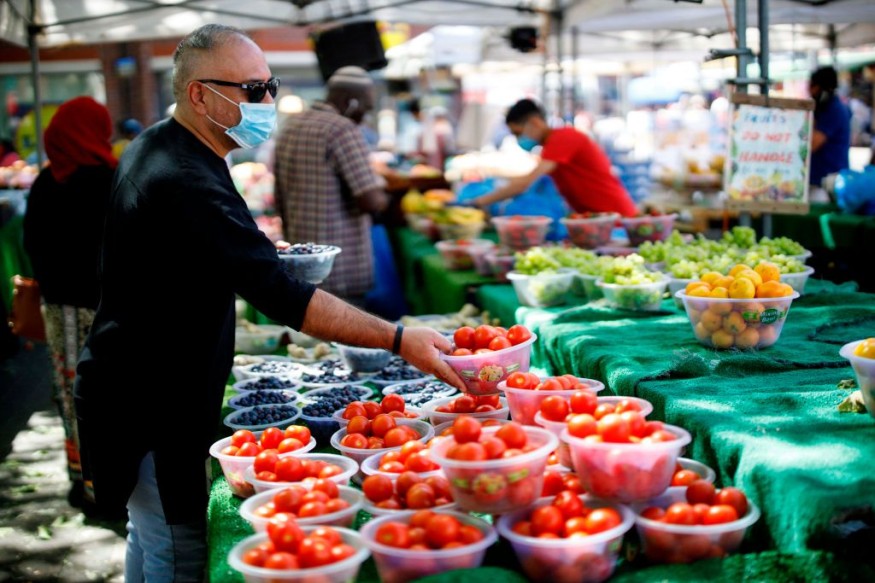A government minister in Europe says that food products that are gene-edited should not be forced on people for consumption. The authorities relaid the insights regarding the matter following the ease of regulations over the gene-editing technologies in some countries of the union.
Genetic Technology (Precision Breeding) Bill Planned by the UK

In the United Kingdom, the government issued a Genetic Technology (Precision Breeding) Bill that applies a completely different set of rules from those previously passed in the EU. The bill also serves as a transition for the country after Brexit.
Ministers in Holyrood, Edinburgh, reacted to the new bill after learning that the rules request Scotland's consideration over implementing gene-edited crops on farms in the capital.
The request was dismissed by Scotland's environmental secretary Mairi McAllan. As part of their opposition, the secretary approached UK environment secretary George Eustice and Scottish secretary Alister Jack.
McAllan explained that Scotland would not follow any steps made by the UK if the bill passed.
Gene editing is a biological approach that allows us to modify specific parts of the DNA in plants and animals. Through gene editing, some modern-day problems could be resolved. Among the issues that could be alleviated through gene editing are droughts and diseases.
The UK's internal market act states that any products approved for sale in a single region in the UK must also be available throughout the entire country.
One of the first few available in UK groceries is the engineered tomatoes developed by Norwich scientists. This product provides a staggering amount of vitamin D that could help people improve their diet choices.
Read also: 'Internal Shower' Viral TikTok Drink: Is it Good For You or Is It Damaging Your GI Tract?
Why Scotland Refuses Gene-Edited Food Bill of the UK
Despite the advancements like modified tomatoes in the food industry, both Scotland and Wales seem to retaliate against genetically edited foods.
McAllen said in their letter that the UK should revise their understanding of GMOs (genetically modified organisms) before passing the bill, as well as restrict themselves from forcing the products to Scotland, where the standards are different and must comply first through the consent of the Scottish Parliament. BBC reports.
The secretary also involved the effects of the said bill on their country's food products that are exported across the EU. McAllen adds that the UK's approach enumerated in the precision breeding bill heavily diverges from the EU rules, which might complicate future trade and compliance costs between England and the union.
The UK government's attempt to include Scotland in their gene editing plans is quite unfeasible, but the Scottish group emphasizes that they are not saying 'never' to the ideas.
One of the main concerns of Holyrood ministers is that their authorities were somewhat bypassed during the construction of the bill, and the lack of information if they refused the regulation, the exemptions it offers, and the consequences it has.
The National Farmers Union (NFU) in Scotland are open to gene editing solutions, but the Scottish ministers are persistent in rallying against anything involving the scientific approach to keep their country's regulations as close to the union as possible.
Check out more news and information on Food in Science Times.
© 2026 ScienceTimes.com All rights reserved. Do not reproduce without permission. The window to the world of Science Times.










